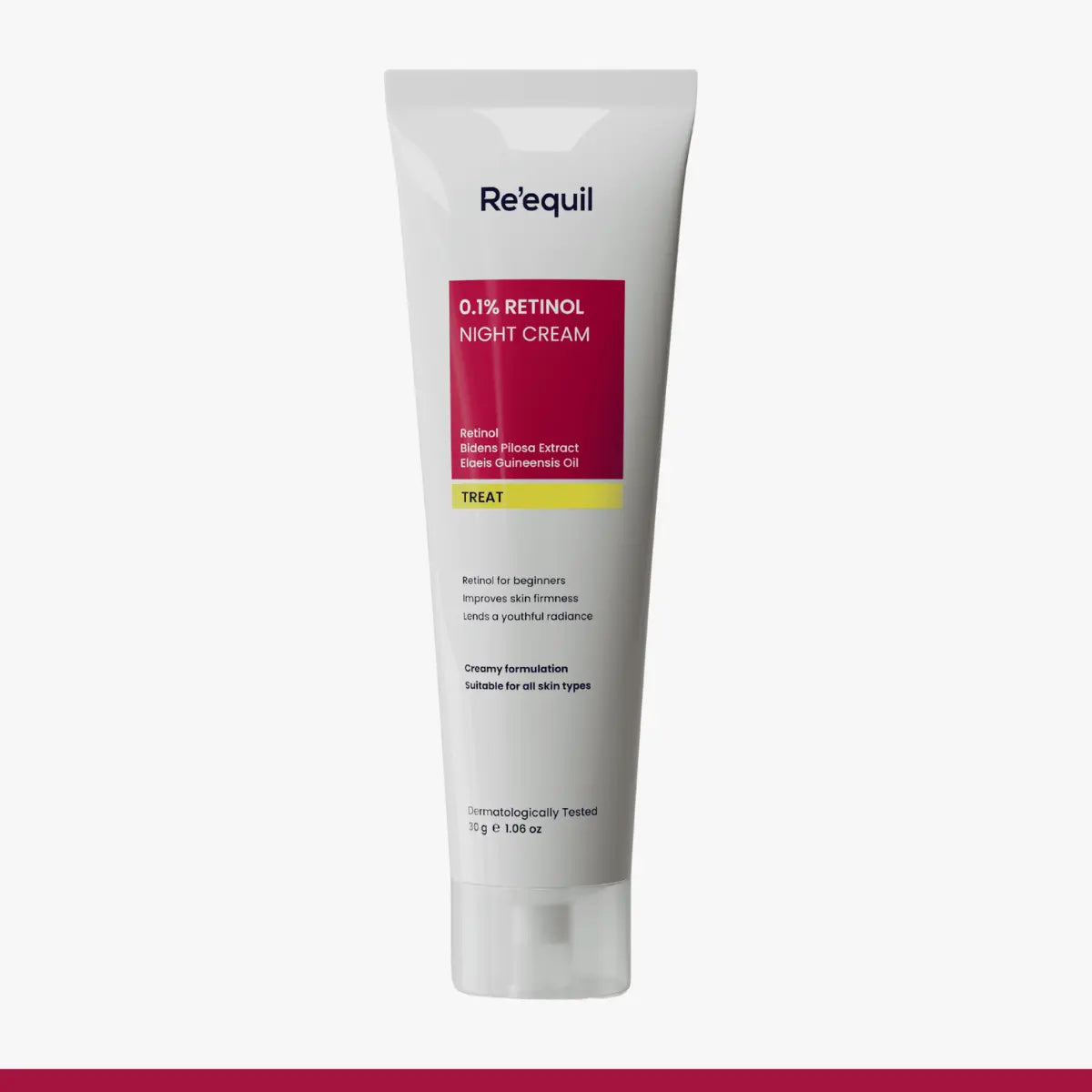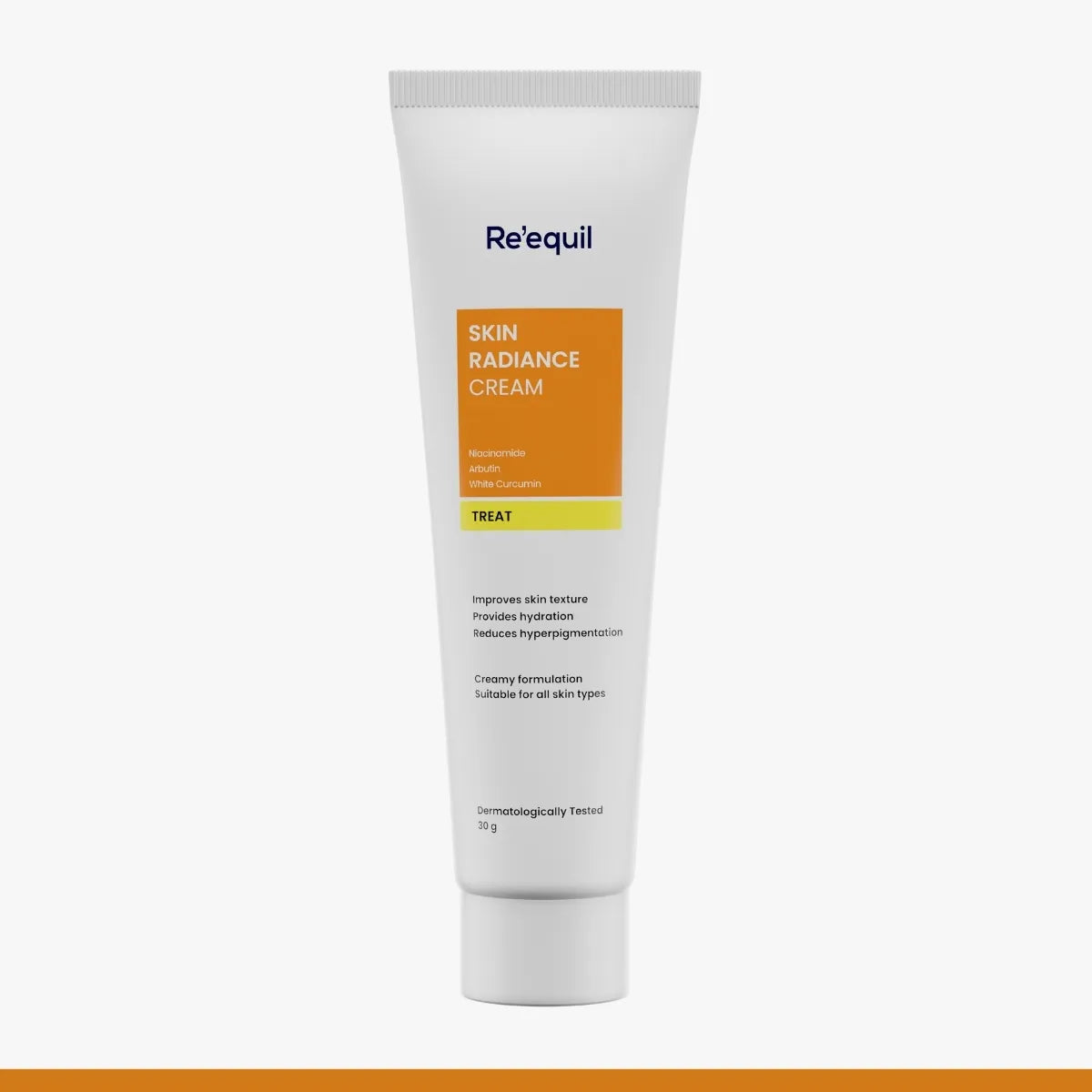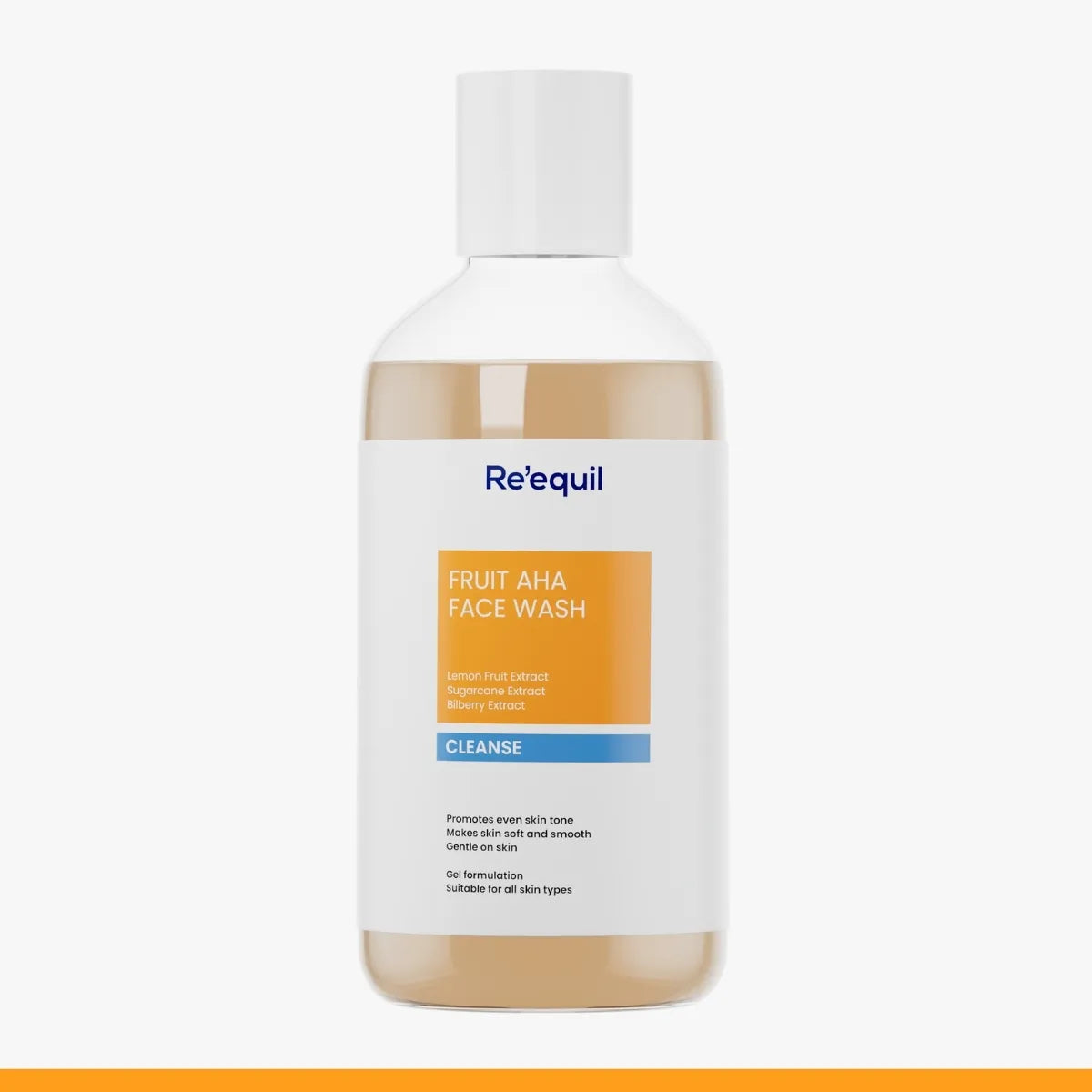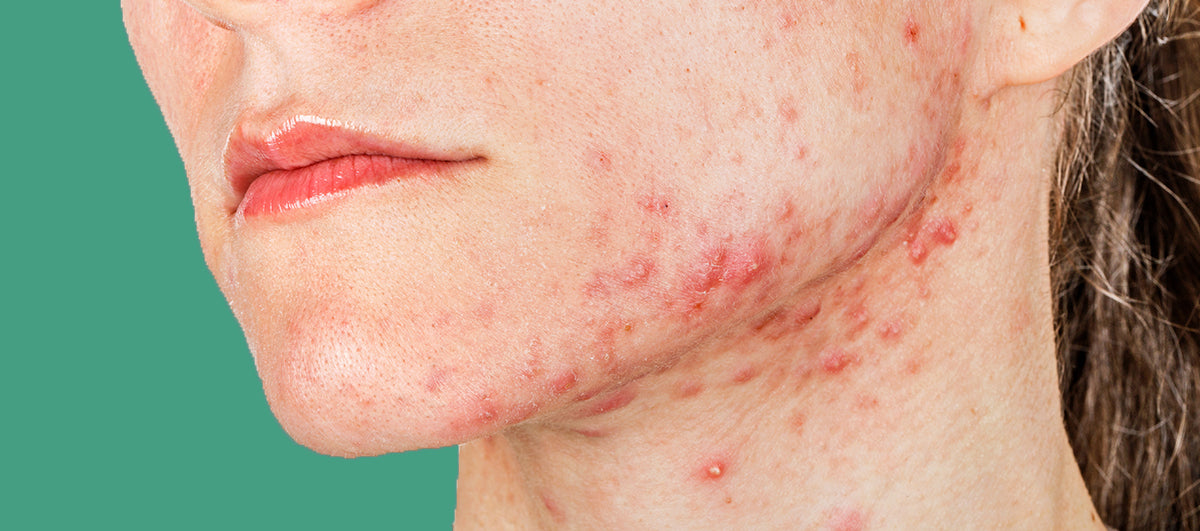Have you tried everything to get rid of your acne but are still seeing blemishes? Don't be discouraged. You only need to apply a few tips to get clearer skin. That breakout shouldn't appear to wreck your life, despite how it may appear.
Acne is caused by various factors, some of which you can control, such as washing your face and changing your pillowcase, and others which you cannot, such as heredity and hormonal swings. That's why it's crucial to know what causes breakouts and how to deal with them.
This article looks at how to get clear skin in 7 weeks even if you do not know basic skincare.
What Is Acne?
Acne is a skin disorder that occurs when oil and dead skin cells clog your hair follicles. It causes pimples, whiteheads, and blackheads. Teenagers are the most affected by acne, yet it affects people of all ages.
Although there are effective acne treatments available, acne can be stubborn. The pimples and bumps take a long time to cure, and as one starts to fade, another appears.
At Re'equil, we understand acne can cause emotional anguish and skin scarring, depending on its severity. That's why we offer dermatologically tested acne treatment products made with clinically proven actives.
Causes of Acne
The causes of acne condition spam around four main factors:
- The production of excess oil is otherwise known as sebum
- Clogging of hair follicles by oil and dead skin cells
- Bacteria
- Inflammation of the skin
Acne typically appears on areas of skin have the most oil (sebaceous) glands such as
- Face
- Forehead
- Chest
- Upper back
- Shoulders
Acne can be triggered or worsened by a variety of factors, including:
Hormonal Changes
Androgens are the hormones that induce the sebaceous glands to expand and produce more sebum in both males and girls during puberty.
Hormone fluctuations, especially in women, are known for causing breakouts in their forties and fifties .
Medications
Intake of certain medications could trigger acne.
Diet
According to studies, eating certain foods, such as carbohydrate-rich foods, might aggravate acne. However, more research is needed to investigate if adhering to specific dietary limitations can help acne.
Stress
Worth noting is that stress doesn't rank as one of the factors that cause acne but may worsen the situation if you already have one.
Signs and Symptoms of Acne
Acne signs vary depending on the severity of your condition:
- Whiteheads
- Blackheads
- Pimples
- Nodules
- Cystic lesions
Are There Any Complications Associated With Acne?
A few people with darker skin types are more likely to experience acne complications. They experience scars in keloids or acne scars and skin changes that may manifest as hyperpigmentation or hypopigmentation after the acne clears.
What Are The Risk Factors Associated With Acne?
- People of all ages can get acne, but it's most common in teenagers.
- Hormonal changes. Such changes are common during puberty or pregnancy.
- Family history. Genetics plays a role in acne. If both of your parents had acne, you're likely to develop it too.
- Contact with greasy or oily substances
- Friction or pressure on your skin.
What Are the Effects of Acne?
Evidence reveals acne affects more than just a person's look . It can harm one's emotional well-being. According to research, people with acne can develop:
- Depression
- Anxiety
- Low self-esteem
- Poor self-image
- Decreased quality of life
- A feeling of being all alone
What Are Home Remedies Applied When Treating Acne?
There's a lot of emphasis on acquiring things in the beauty industry and on social media. There's a term for it: beauty hauls, which entails showing off one's recent buying spree of newly purchased items.
However, cosmetics do not solve all of our skin problems.
If you've exhausted your 15-step skincare routine and are still stumped, here are some alternative unbottled ways to care for your skin .
1. Wash Your Face Daily With Lukewarm Water
The utmost important rule isn't groundbreaking: Remember to wash your face!
Cleansing and treating your skin twice a day is the best way to keep breakouts away.
When washing our faces, the sebum or simply the oil in our skin has a wax-like consistency, and using hot water to wash our face or shower essentially "melts" the oil stripping the skin of much-needed moisture.
Lukewarm is best because it allows our oils to warm up a bit, allowing a proper cleanse without completely stripping it.
2. Use the Right Face Cleanser
Buying a generic face wash won't necessarily improve your complexion. For a cleanser to be most effective, you have to pay attention to your skin's needs and pick the ingredients accordingly.
If your skin tends to be oily, choose products with Zinc PCA , salicylic acid, benzoyl peroxide, or glycolic acid.
For sensitive skin, look for gentle cleansers with lactic acid or hydrating ingredients like glycerin, which aren't as drying as those made for oilier types.
3. Invest In A Moisturizer
Will a worried moisturiser make your acne worse? Think again — it can help improve your skin. When the skin surface is dehydrated, the oil glands tend to overproduce oil, making acne worse.
Moisturising the skin surface can re-balance oil glands and help control acne and improve healing.
4. Use Sunscreen that Doesn't Clog Pores
While SPF is a must, some sunscreens can trigger breakouts. You want to look for oil-free and non-comedogenic formulas that won't clog pores.
Re'equil Oxybenzone Free Sunscreen is great for acne prone skin types and offers a high broad-spectrum UVA, UVB, and IR protection with SPF 50.
5. Don't Over-Exfoliate Your Skin
Scrubbing your face daily with grainy cleansers and exfoliating products can do more harm than good. When done too often, it can cause redness, inflammation, and irritation.
Exfoliating a pimple can pull away healthy skin cells and create an open wound and a higher risk for scarring.
Exfoliation should be done with caution and not more than 2-3 times a week maximum.
6. Topical treatments for acne
It is best to include salicylic acid based products into your skin care regimen when battling with acne.
Salicylic acid is a Beta Hydroxy Acid (BHA) which neutralizes acne causing bacteria and deeply cleanses excessive sebum out of pores. Not only this but salicylic acid has anti aging benefits for your skin.
7. Tailor Your Diet
Sad but true: Any foods that cause a spike in insulin can lead to inflammation and an acne flare, a dermatologist once explained.
As such, tailor your diet to compose leafy green vegetables and other brightly-coloured fruit and vegetables rich in antioxidants and nutrients. They are known to dampen inflammation and improve skin quality.
8. Drink Plenty of Water
While drinking water does not directly moisturise the skin , it does aid in the proper functioning of all of the body's systems. It helps eliminate toxins from the body which help to keep the skin healthy.
9. Find Ways To Manage Stress
Our bodies release a hormone when we're stressed or anxious. This hormone triggers our flight or fight reaction, but chronic stress puts this response into overdrive.
Increased levels of stress hormone, in particular, can cause us to lose our radiance by reducing the skin's capacity to retain moisture and causing an overproduction of oils.
10. Exercise
When we exercise, our blood circulates, delivering oxygen and nutrients to all of our cells. This not only gives our skin an instant glow but also speeds up the healing process.
Another advantage of exercise is that it reduces stress and brings peace of mind.
11. Sleep
Our bodies mend and regenerate cells as we sleep. Stress hormone that causes skin discolouration, thinning, and stretch marks, is reduced by sleep. Sleep are also known to reduce the oxidative stress in body and improve antioxidant content which prevent fine lines, wrinkles, and acne lesion.
We manufacture new collagen while sleeping, which helps maintain our faces smooth and wrinkle-free.
Take Advantage of Dermatologically Tested Re'equil Products!
Acne that isn't addressed might have far-reaching consequences. If you're missing out on social gatherings and outings because of your Acne, it's time to get scientifically developed Re'equil products. The formulas used are SLS & Paraben free which will help you get rid of acne and leave you radiant, healthy skin.





